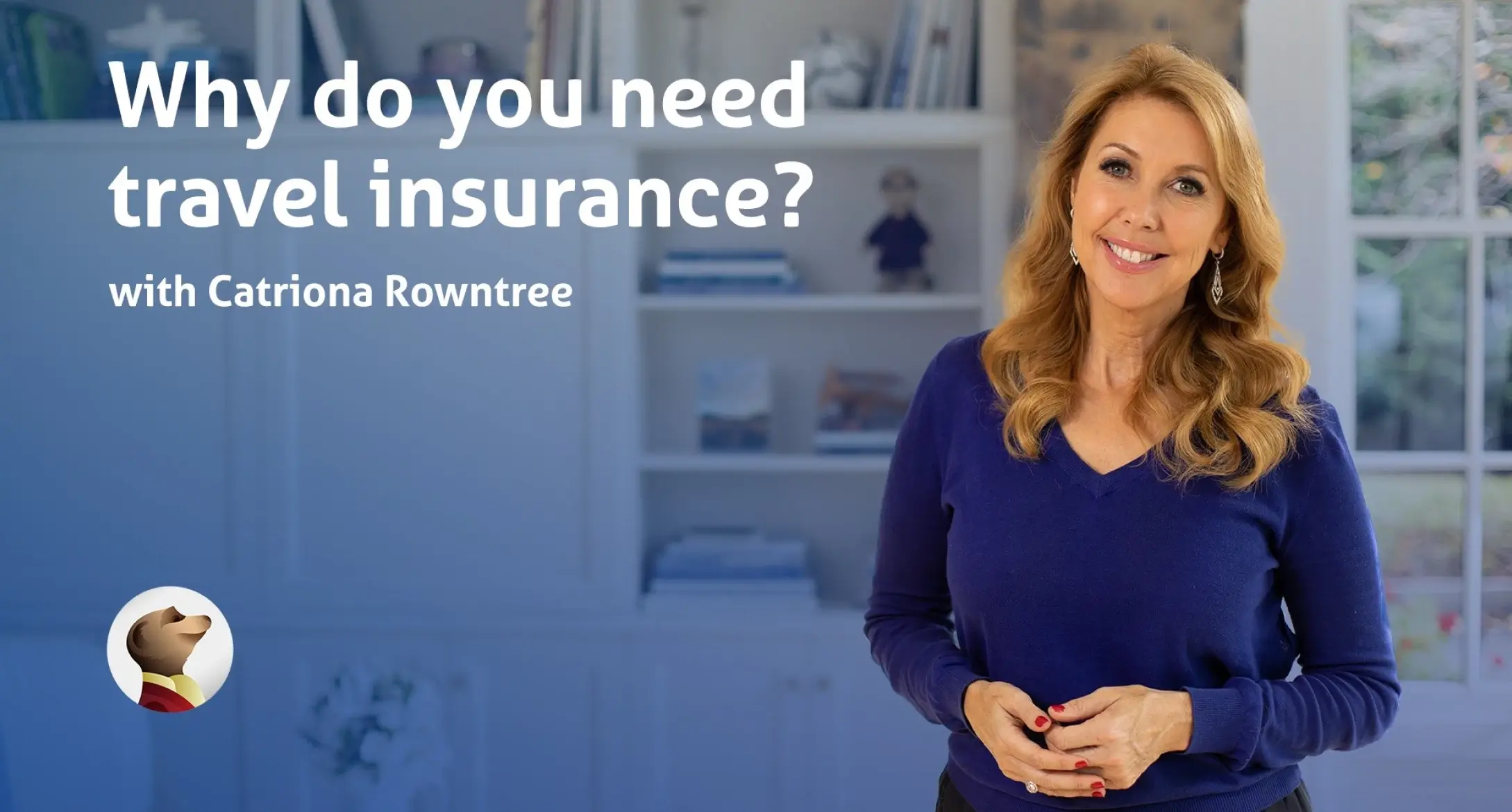













We do not compare all brands in the market, or all products from our participating brands. At times certain brands or products may not be available or offered to you. Learn more.
Top 3 things to know about travel insurance
It pays to compare travel insurance
Compare travel insurance quotes in minutes and start saving today.
Simple to use
Get started by answering a few quick questions to help us understand your travel insurance needs.
Compare & save
Save time and money by easily comparing travel insurance policies from a range of providers side-by-side.
Streamline your search
Filter your search to look for travel insurance options that suit you, your trip and your budget.

Why compare with us?
Our smart comparison technology is trusted, free, safe and secure.

We believe the best decisions start with a comparison.
We’re proud to have helped millions of Aussies look for a better deal.
4.3 / 5

Based on 2,947 reviews
23 million comparisons and counting
4.8 / 5

Based on 1,934 reviews
Ratings as of 29/09/2025.
A guide to travel insurance
Updated 29 October 2024







